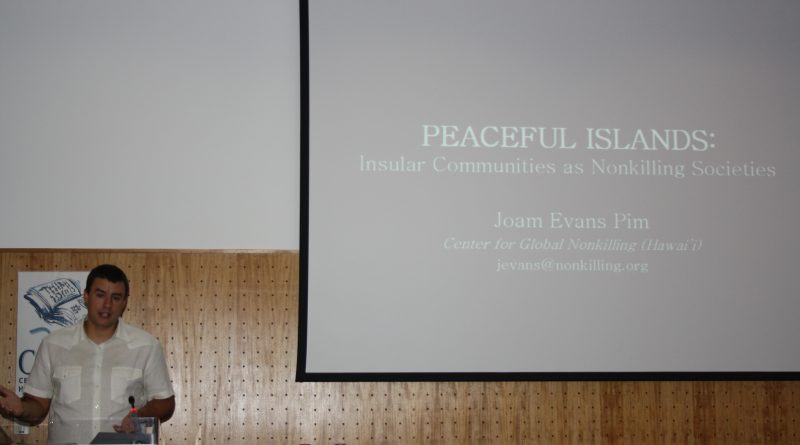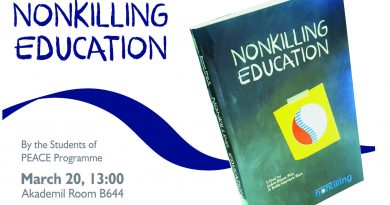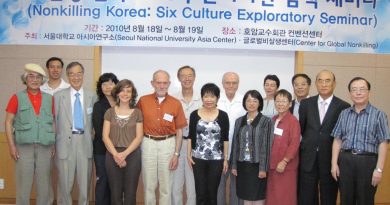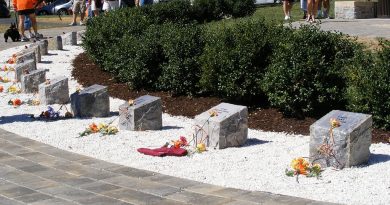Nonkilling Island Communities Analyzed in Madeira
CGNK Research Leader Joám Evans Pim will be presenting a paper with the title “Peaceful Islands: Insular Communities as Nonkilling Societies,” at the International Conference on Islands “The Islands of the World and the World of Islands”, July 26-30, following an invitation from the Center for the Study of Atlantic History (Centro de Estudos de História do Atlântico), a public research institution of the Regional Government of Madeira, Portugal.
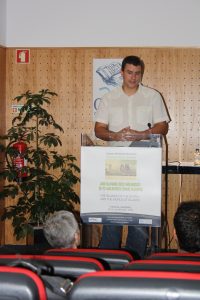 Islands communities historically have generated a variety of perspectives on the ways to imagine and realize peaceful societies. Island peoples across the planet have cultivated and shaped an idea present for millennia, from ancient mythological systems to fictional elaborations as Thomas More’s Utopia or contemporary seasteading experiments. Beyond the exploration of the “peaceful island” archetype, this presentation will present a series of comparative case studies of island communities characterized by a lack of violence (in this case, measured through killing). These examples include Tristan Islanders, Ifaluk and Tahitians. Pparticular cases of “insular cultures of peace” are also explored, such as the Åland Islands (one of the first demilitarised territories in the world) and Hawai‘i (one of the most highly militarized places on earth), and transnational initiatives such as the Peace Island Forum, in Jeju Island (Korea) or, the Lanzarote International Zone for a Culture of Peace (Canary Islands) and others.
Islands communities historically have generated a variety of perspectives on the ways to imagine and realize peaceful societies. Island peoples across the planet have cultivated and shaped an idea present for millennia, from ancient mythological systems to fictional elaborations as Thomas More’s Utopia or contemporary seasteading experiments. Beyond the exploration of the “peaceful island” archetype, this presentation will present a series of comparative case studies of island communities characterized by a lack of violence (in this case, measured through killing). These examples include Tristan Islanders, Ifaluk and Tahitians. Pparticular cases of “insular cultures of peace” are also explored, such as the Åland Islands (one of the first demilitarised territories in the world) and Hawai‘i (one of the most highly militarized places on earth), and transnational initiatives such as the Peace Island Forum, in Jeju Island (Korea) or, the Lanzarote International Zone for a Culture of Peace (Canary Islands) and others.
The Center for Global Nonkilling’s “Nonkilling Hawai’i” project envisions the Islands as a working model for modern killing-free societies. Its comprehensive approach includes the promotion of leadership development, research/discovery, education/training, and policy/action initiatives. Among these, the First Global Nonkilling Leadership Academy held in October 2009, the 2009 and 2010 Interdisciplinary Nonkilling Research Seminars convened at the University of Hawai‘i at Mānoa, or the Nonkilling Hawai‘i Advisory Council (that includes representatives from a wide array of public and private organizations), are some recent examples.

